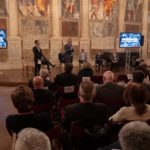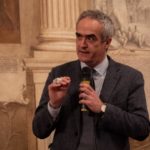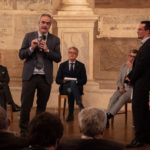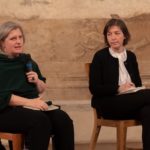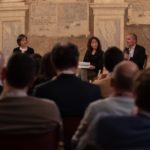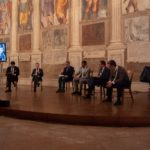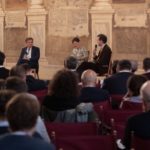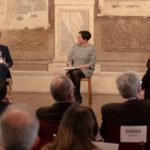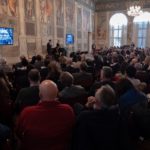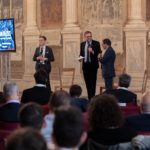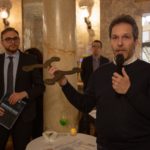Aziende e ricerca, matrimonio a NordEst. E con Unismart l’ateneo di Padova innova sul territorio
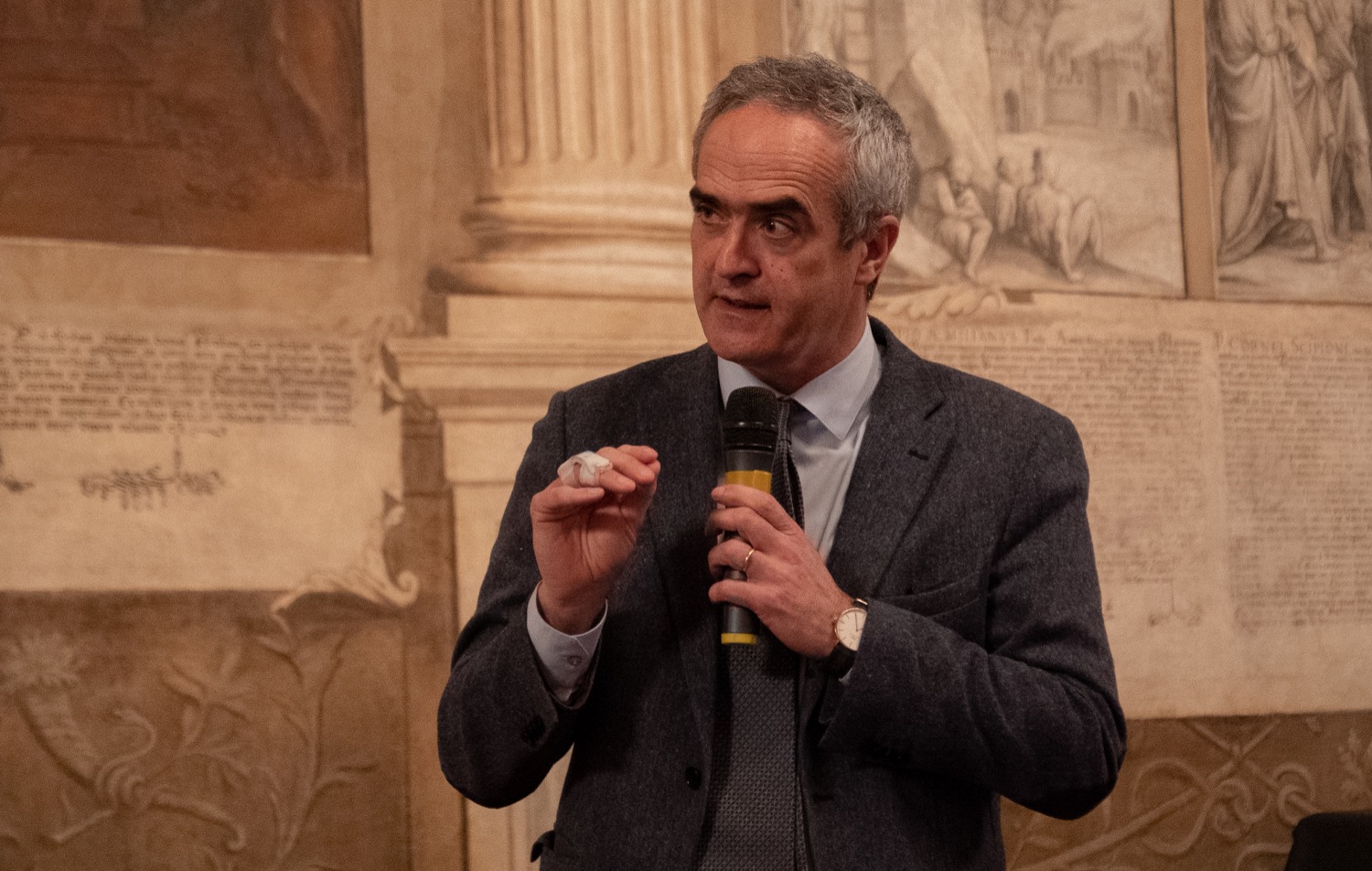
C’è il brevetto sulla separazione di silicio e vetro che punta a riutilizzare i pannelli fotovoltaici dismessi (sempre più, dopo il boom di installazioni causa incentivi statali). Un altro affina il servizio online – in cui tutti siamo incappati – che cerca di farci dimostrare di essere uomini, e non macchine, davanti ai pc. Esempi di collegamenti concreti fra ricerca e aziende. Il filo conduttore degli Innovation Talks è stato proprio questo: dimostrare come l’Università di Padova, attraverso la società controllata Unismart, stia facendo della terza missione e del trasferimento tecnologico un mantra. Quel «matrimonio» fra chi pensa – in laboratorio ma non solo – al futuro e chi poi deve scaricare a terra quell’innovazione, rendendola concreta.
Unismart, una scommessa vinta per l’Ateneo patavino. «È una vetrina verso il territorio delle nostre attività di ricerca» spiega il prorettore al trasferimento tecnologico Fabrizio Dughiero. E i risultati si vedono: dal settembre 2016 ad oggi «siamo riusciti a licenziare 4 brevetti, tre di questi con una società americana, abbiamo una comunità di aziende che si aggira attorno alle 70 unità, anche internazionali – conferma Dughiero – e almeno la metà dei nostri dipartimenti (sono 32 ndr) ha stipulato contratti di ricerca con imprese». Stefano Carosio, direttore generale, rimarca: «La nostra è un’unicità sul panorama italiano: un azienda fra le aziende, interamente partecipata da un Ateneo che è eccellenza sul campo».
I protagonisti
Nel corso dell’incontro si è discusso «Quando l’errore diventa innovazione» con Massimiano Bucchi (Università di Trento) e Moreno Muffatto (Università di Padova). Altro tema è stato: «Il lavoro che serve: le persone nell’industria 4.0» discusso da Alberto Baban, presidente di Venetwork, Maria Raffaella Caprioglio, presidente di Umana, Martina Gianecchini, vicedirettrice dell’Osservatorio Professioni digitali dell’Università di Padova, e Annalisa Magone, presidente e ceo di Torino Nord Ovest. Il dibattito si è poi spostato su di un confronto fra modelli di trasferimento tecnologico, con i contributi di Stefano Carosio, Anil Dave, responsabile dell’unità Innovation and Transfer of Technologies all’Agenzia spaziale italiana, Fabrizio Dughiero, Vincenzo Russi, ceo di e-Novia, Gianmarco Montanari, direttore generale dell’Istituto Italiano di tecnologia.
Le tre P di Montanari
E proprio Montanari ha proposto la sua ricetta. «Cosa cerchiamo nelle iniziative dei nostri ricercatori per capire se potranno avere una ricaduta concreta sulle imprese? Le tre P fondamentali: people, perspiration e product. Le persone, che devono essere motivate e preparate. Perspiration, ovvero il sudore, la fatica: bisogna crederci, anche folli e crazy come diciamo noi. E ci deve essere il prodotto: scalabile, modulare, in grado di essere adottato direttamente dal mercato». La chiusura è del Rettore dell’Università di Padova, Rosario Rizzuto. Che non è solo al vertice dell’ateneo, ma è anche un ricercatore biomedico di fama internazionale che tutt’ora, nonostante gli impegni, va in laboratorio almeno una volta a settimana. «Innovazione vera, radicale, rivoluzionaria: nuovi saperi inaspettati e l’interazione costante con il mondo produttivo, questi sono i pilastri del trasferimento tecnologico».
